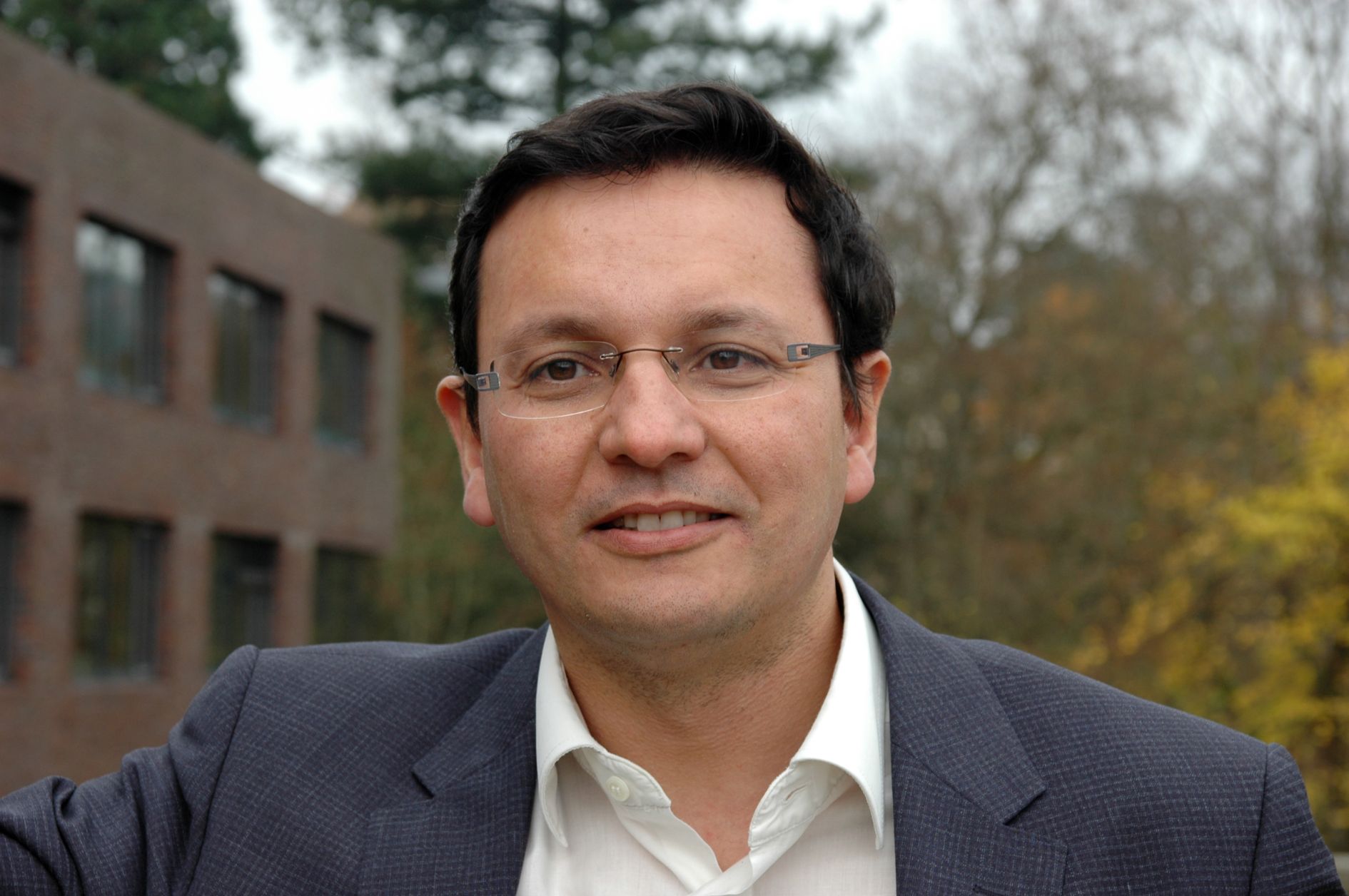Mathematics for safer medicine

The new HITS research group “Data Mining and Uncertainty Quantification” analyzes large amounts of data and calculates uncertainties in technical systems. With Prof. Vincent Heuveline as their group leader, the group of mathematicians and computer scientists especially focuses on increasing the security of technology in operating rooms.
Natural Sciences continuously produce larger and more complex data sets – using elaborate sensor technology or computer simulations. But can researchers be sure that the results of their computer simulations are reliable and accurate enough even if some aspects of the system under consideration are not exactly known? The new research group “Data Mining and Uncertainty Quantification” at the Heidelberg Institute for Theoretical Studies (HITS) wants to shed light on this question. With Prof. Vincent Heuveline (Photo: HITS) as group leader, six researchers focus on the analysis of large data sets and on the calculation of uncertainties within technical systems. They use state-of-the-art technology from the areas of High Performance Computing and Cloud Computing.
“Today’s computing power allows us to analyze and determine the quality of a calculation, by including a characterization of uncertainty“, says group leader Vincent Heuveline who is a professor at Heidelberg University. “We can therefore develop new scientific methods which add a new twist to the old philosophical question: ‘What is certain?’.”
The research group has chosen operating rooms as a key application area. “Nowadays, operating rooms are as well-equipped as a cockpit with its numerous technical instruments,” Heuveline explains. The instruments continuously generate a large amount of data so that the surgeon knows about the patient’s condition and the status of the devices. “Surgeons must be able to fully rely on their instruments, just like pilots”, Heuveline says. “We want to make sure they can do so.” The HITS researchers analyze the technical systems, simulate surgical procedures including their impact on the body of the patient, and also calculate the probability of an error occurring during the simulations. “The results of our observations will be integrated into the IT infrastructure of the operating room and make the systems even more reliable.”
The research group maintains a close relationship with the University of Heidelberg, which is illustrated by the overall organization. Besides his professorship, Vincent Heuveline also works as director of the university’s computer center, where he and 85 employees are responsible for the IT infrastructure of Germany’s oldest university, from e-mail accounts to high-performance computers. He also heads a research group at the university, the “Engineering Mathematics and Computing Lab” (EMCL) at the Interdisciplinary Center for Scientific Computing.
Vincent Heuveline (born in 1968) studied Mathematics, Physics and Computer Science at the Universities of Caen (France) and Würzburg. He received his PhD in Computer Science in 1997 from the Université de Rennes and habilitated in Mathematics at the University of Heidelberg in 2002. Since 2004, he was a professor at Karlsruhe University (KIT) until he moved to Heidelberg in May 2013.
Press contact:
Dr. Peter Saueressig
Head of Communications
Heidelberg Institute for Theoretical Studies (HITS)
Phone: +49-6221-533245
Peter.saueressig@h-its.org
www.h-its.org
Twitter: @HITStudies
About HITS
HITS, the Heidelberg Institute for Theoretical Studies, was established in 2010 by physicist and SAP co-founder Klaus Tschira (1940-2015) and the Klaus Tschira Foundation as a private, non-profit research institute. HITS conducts basic research in the natural, mathematical, and computer sciences. Major research directions include complex simulations across scales, making sense of data, and enabling science via computational research. Application areas range from molecular biology to astrophysics. An essential characteristic of the Institute is interdisciplinarity, implemented in numerous cross-group and cross-disciplinary projects. The base funding of HITS is provided by the Klaus Tschira Foundation.